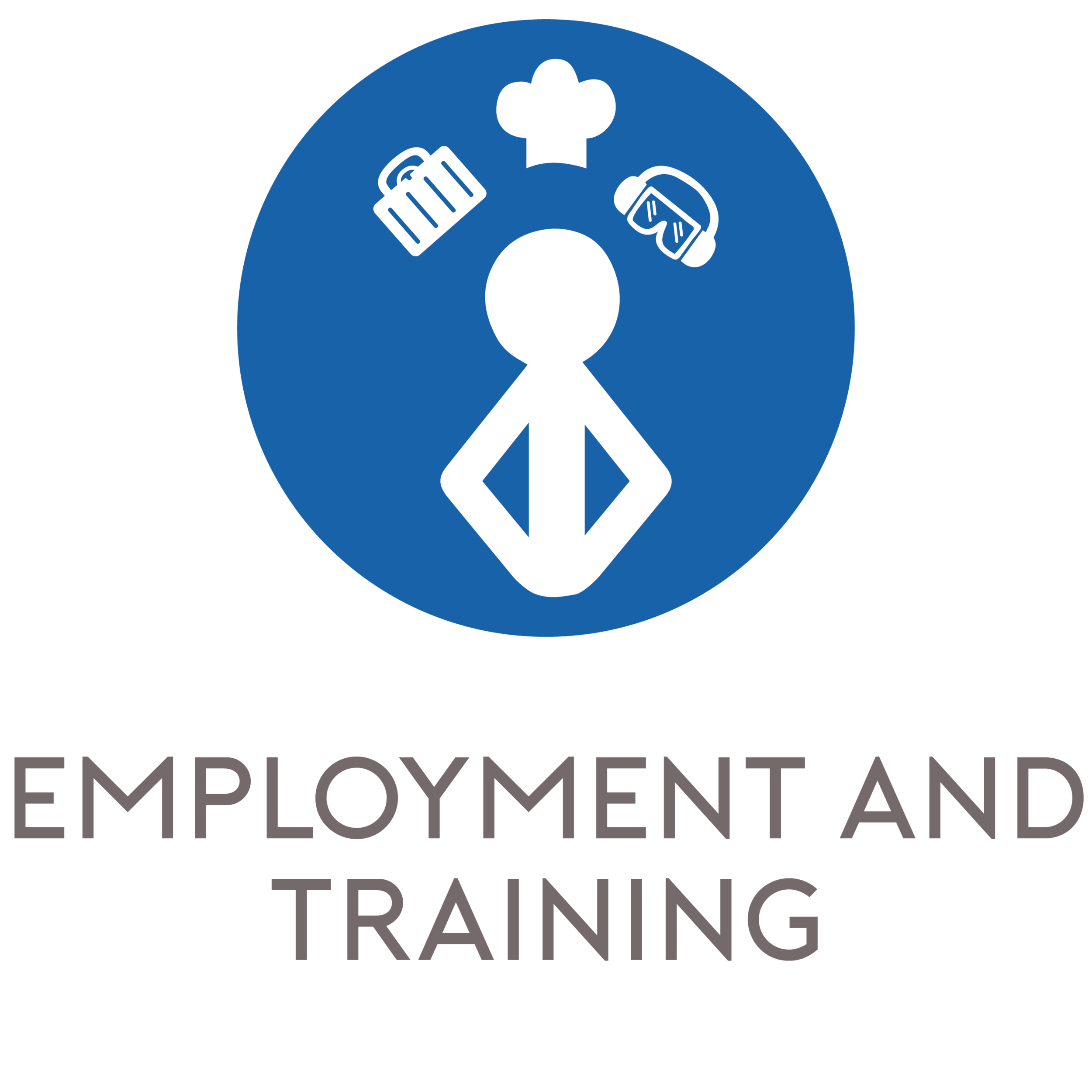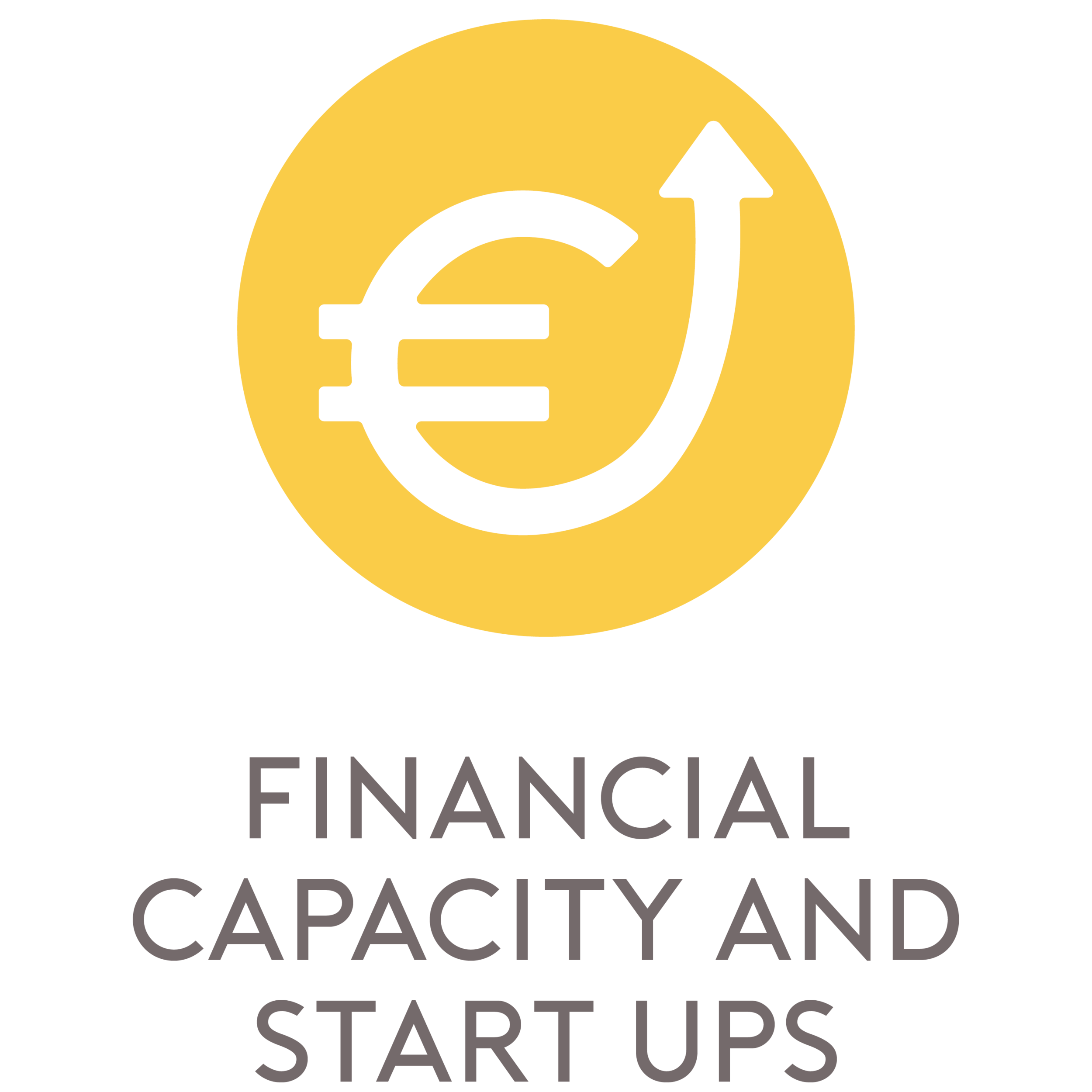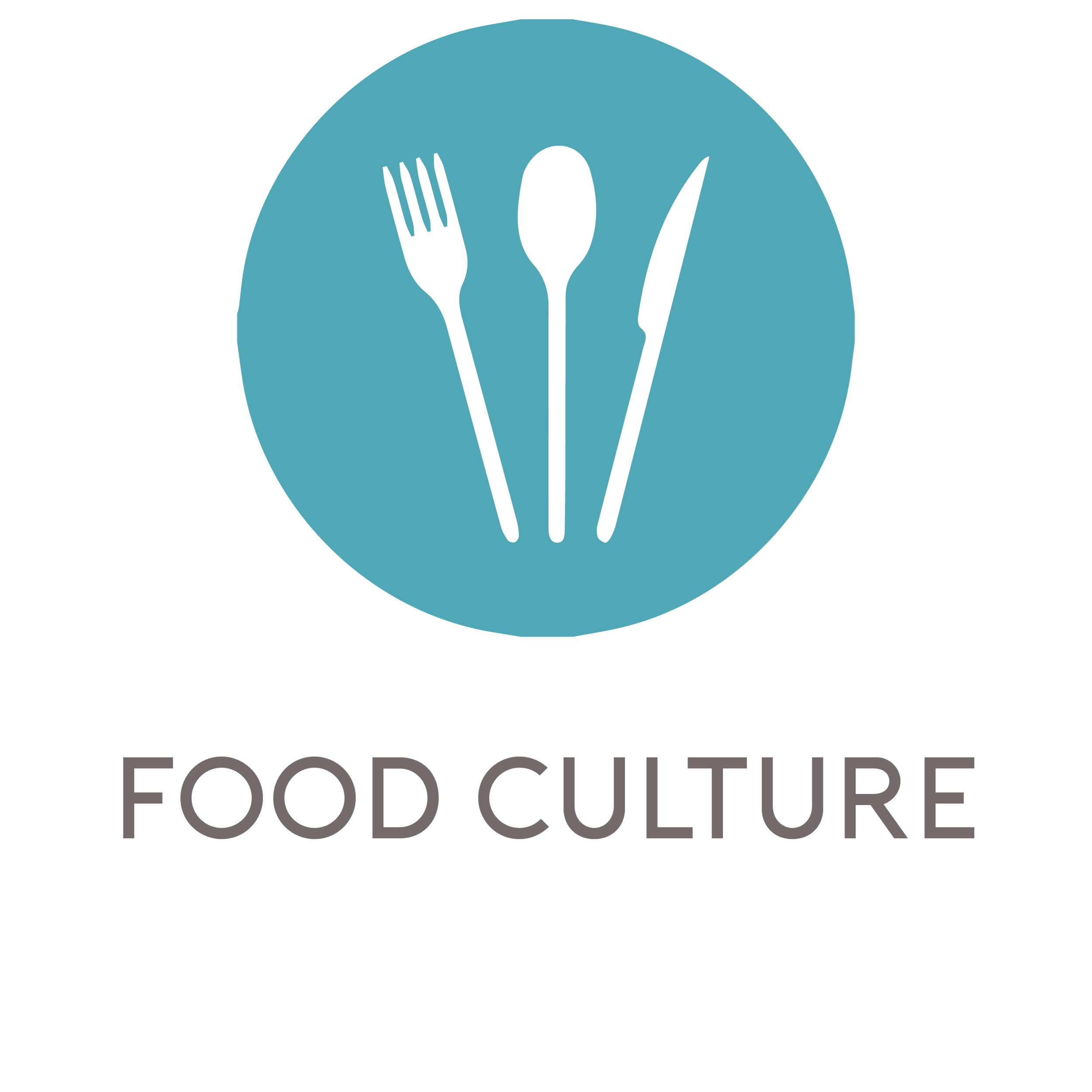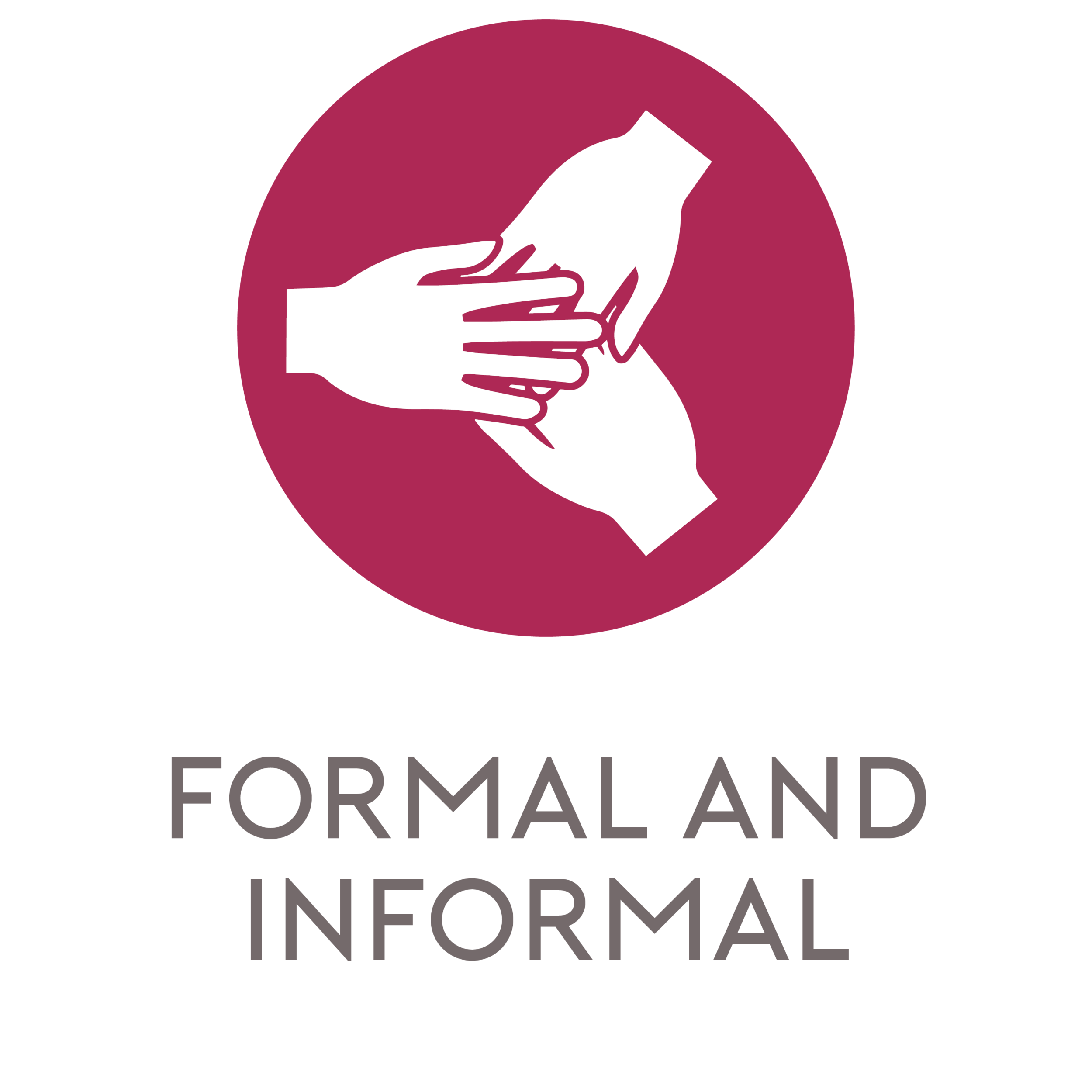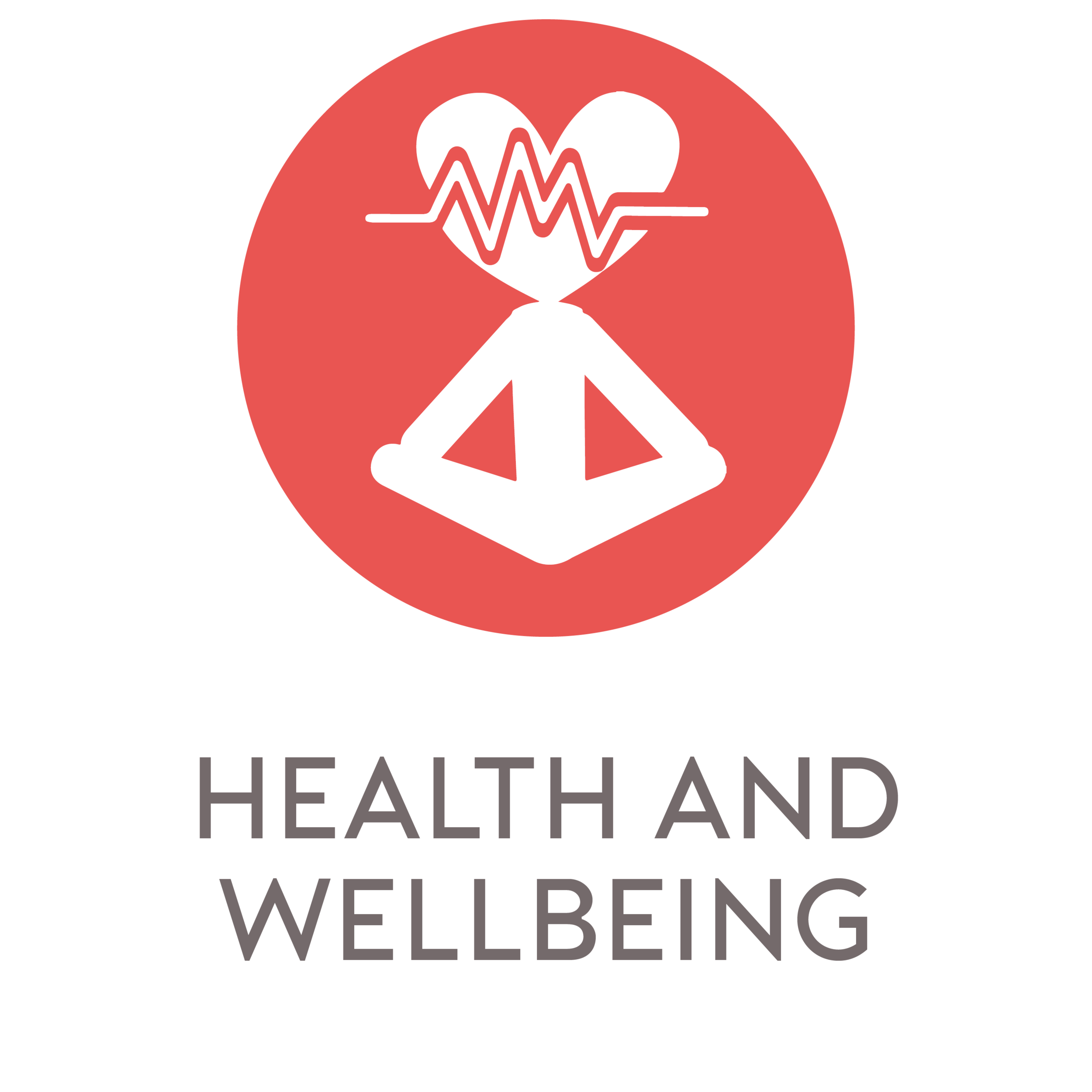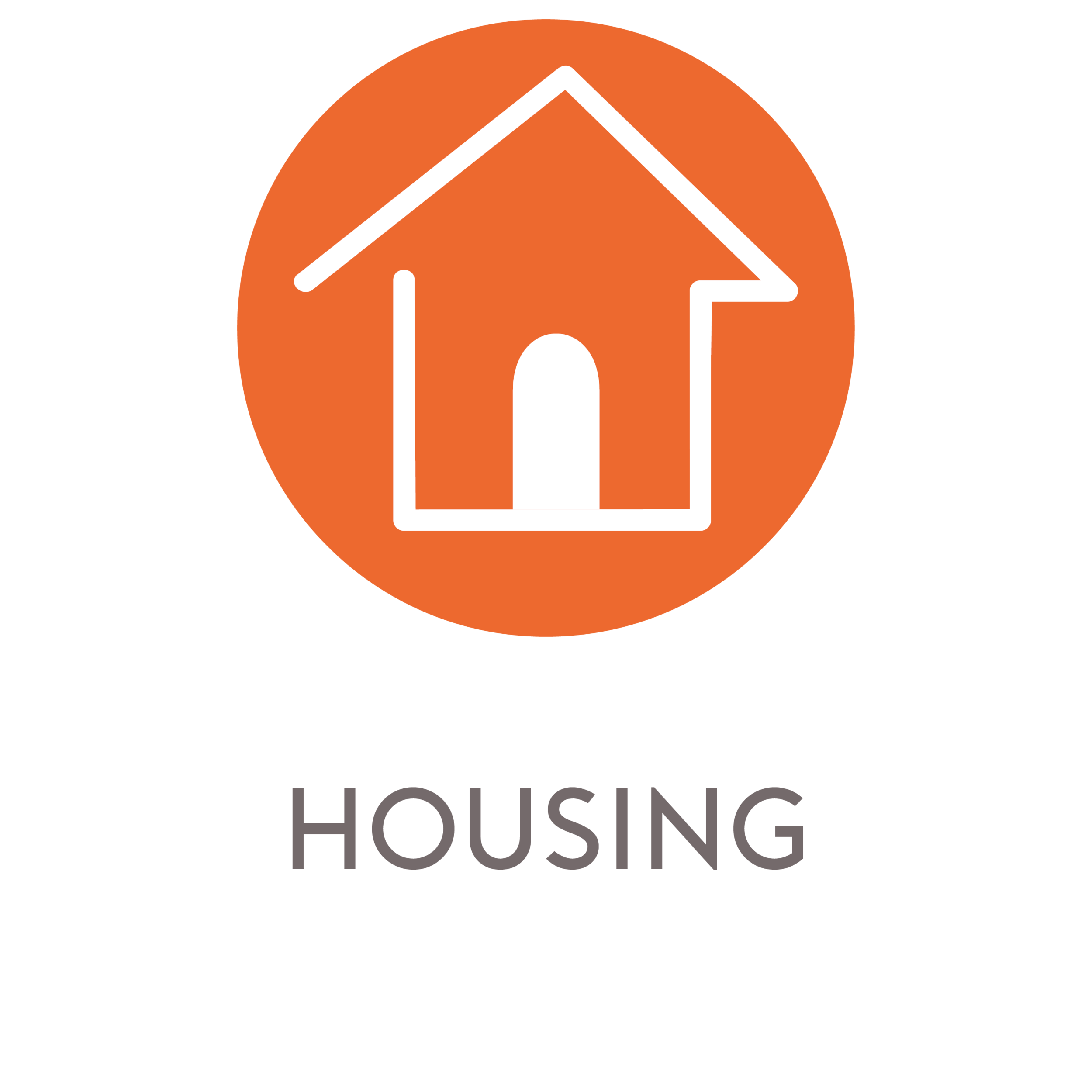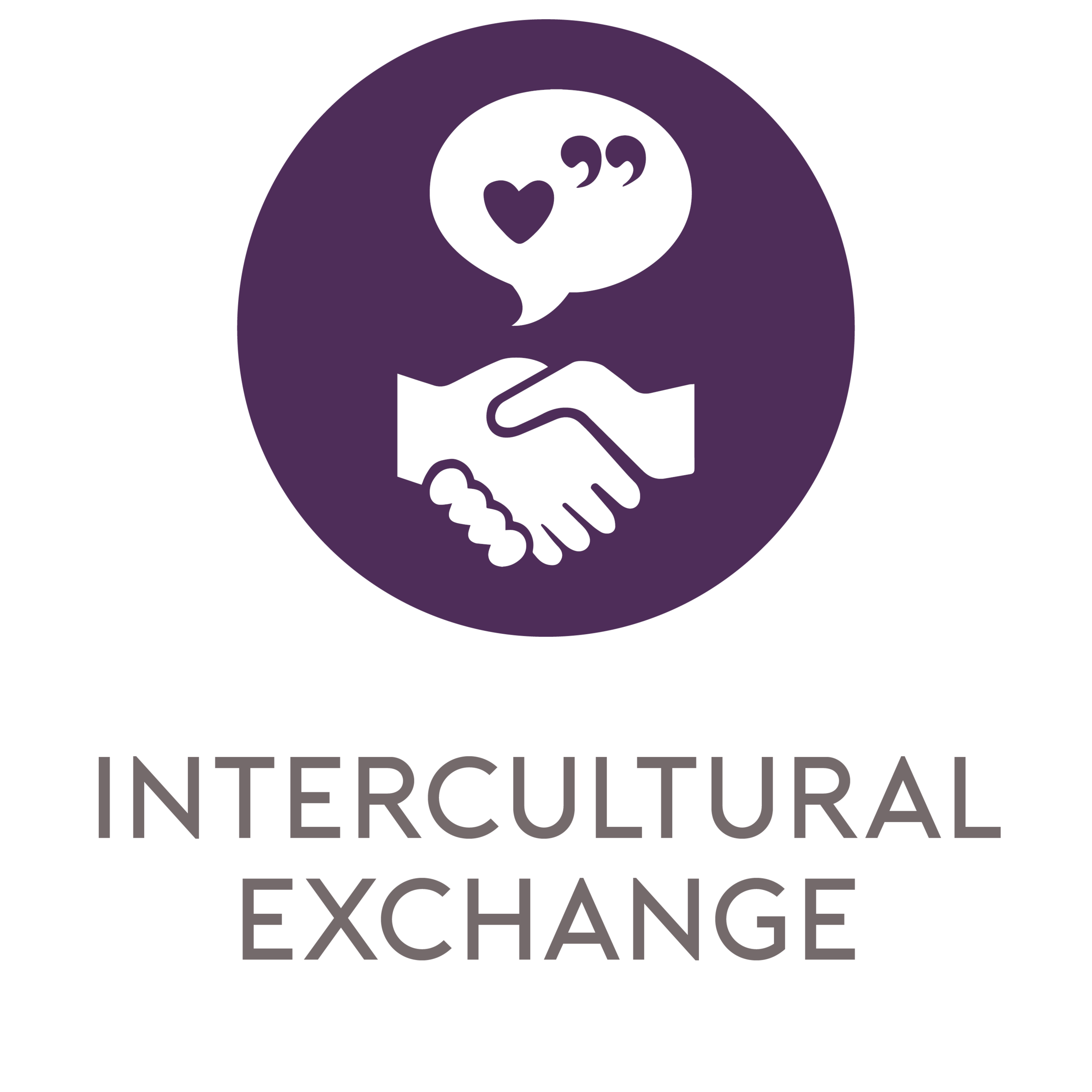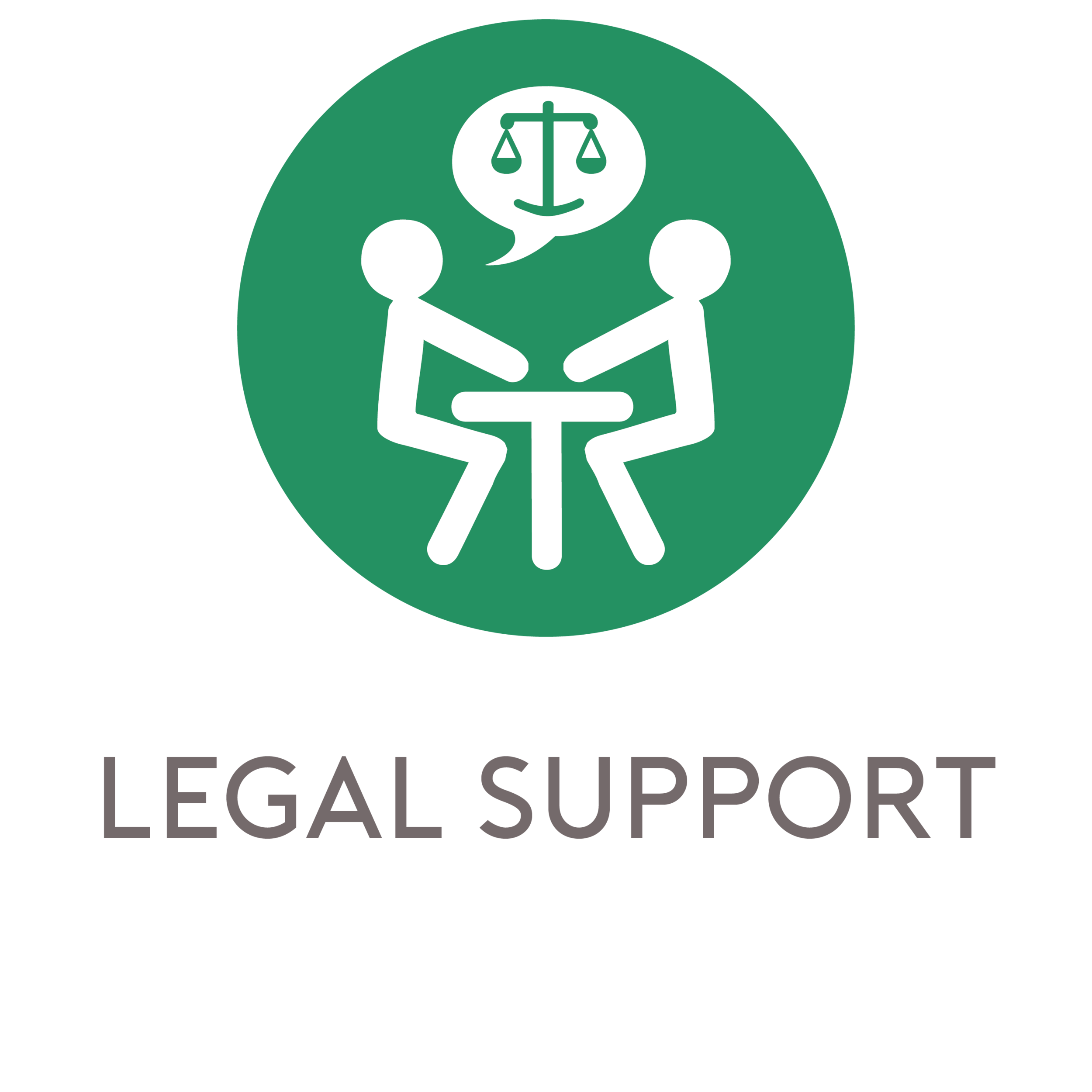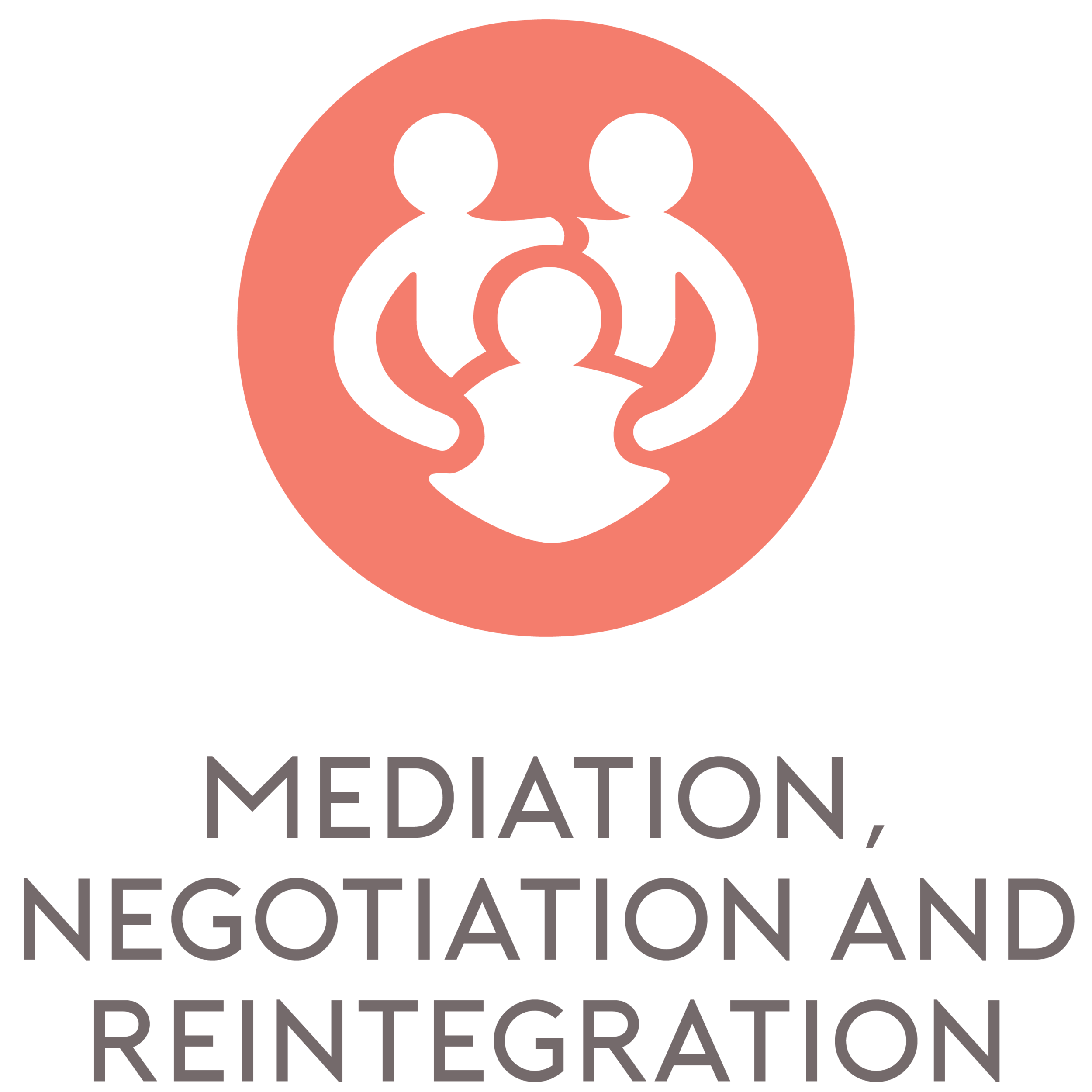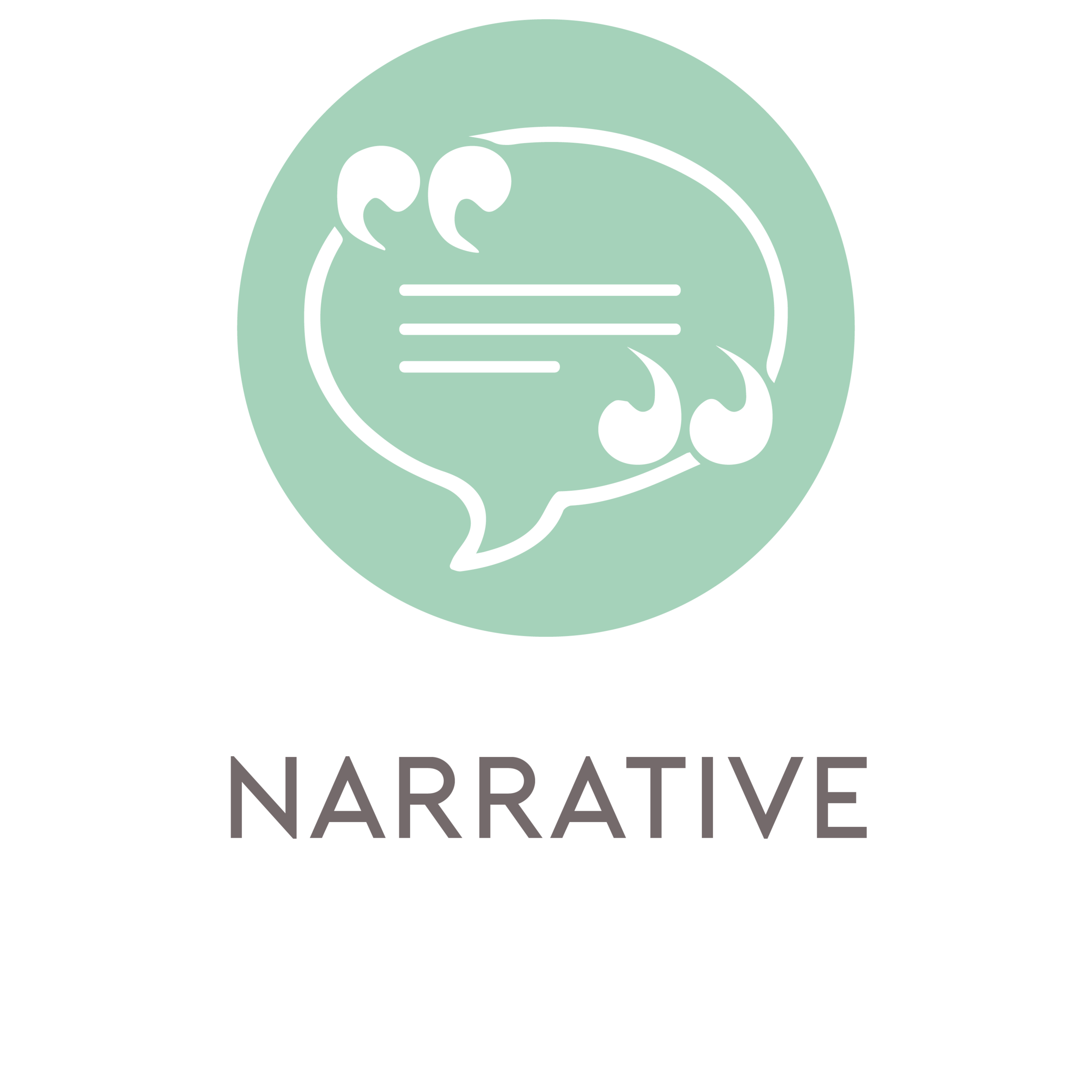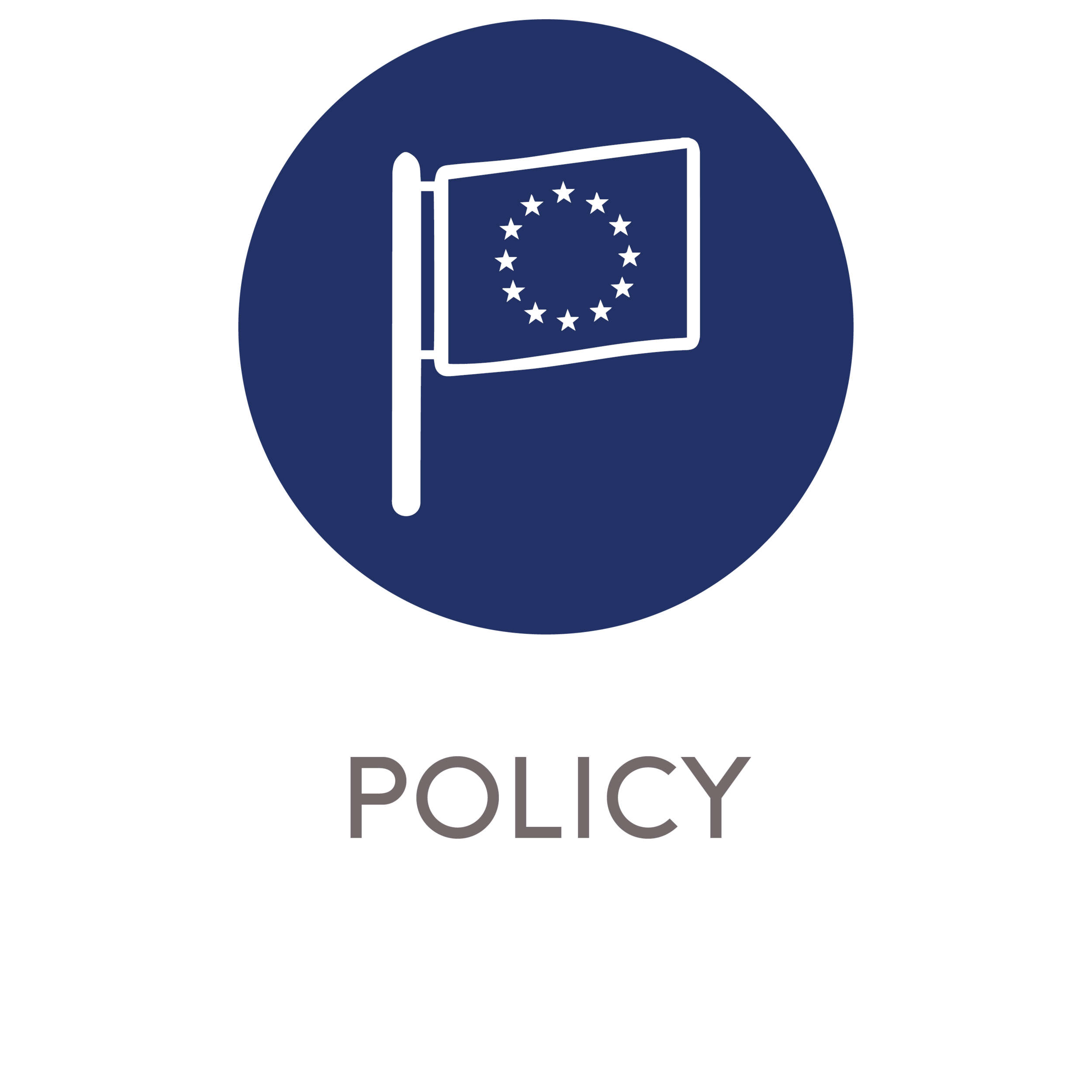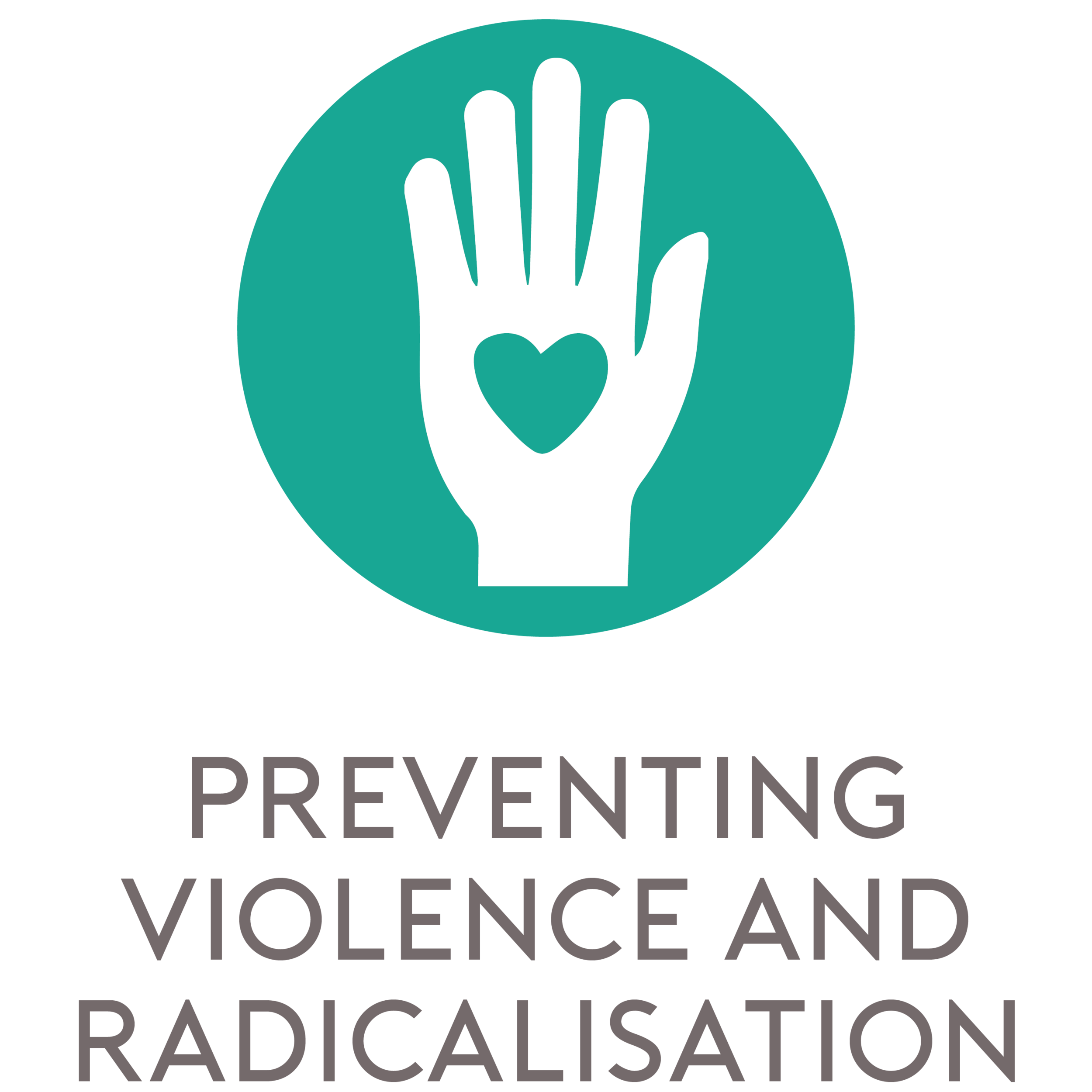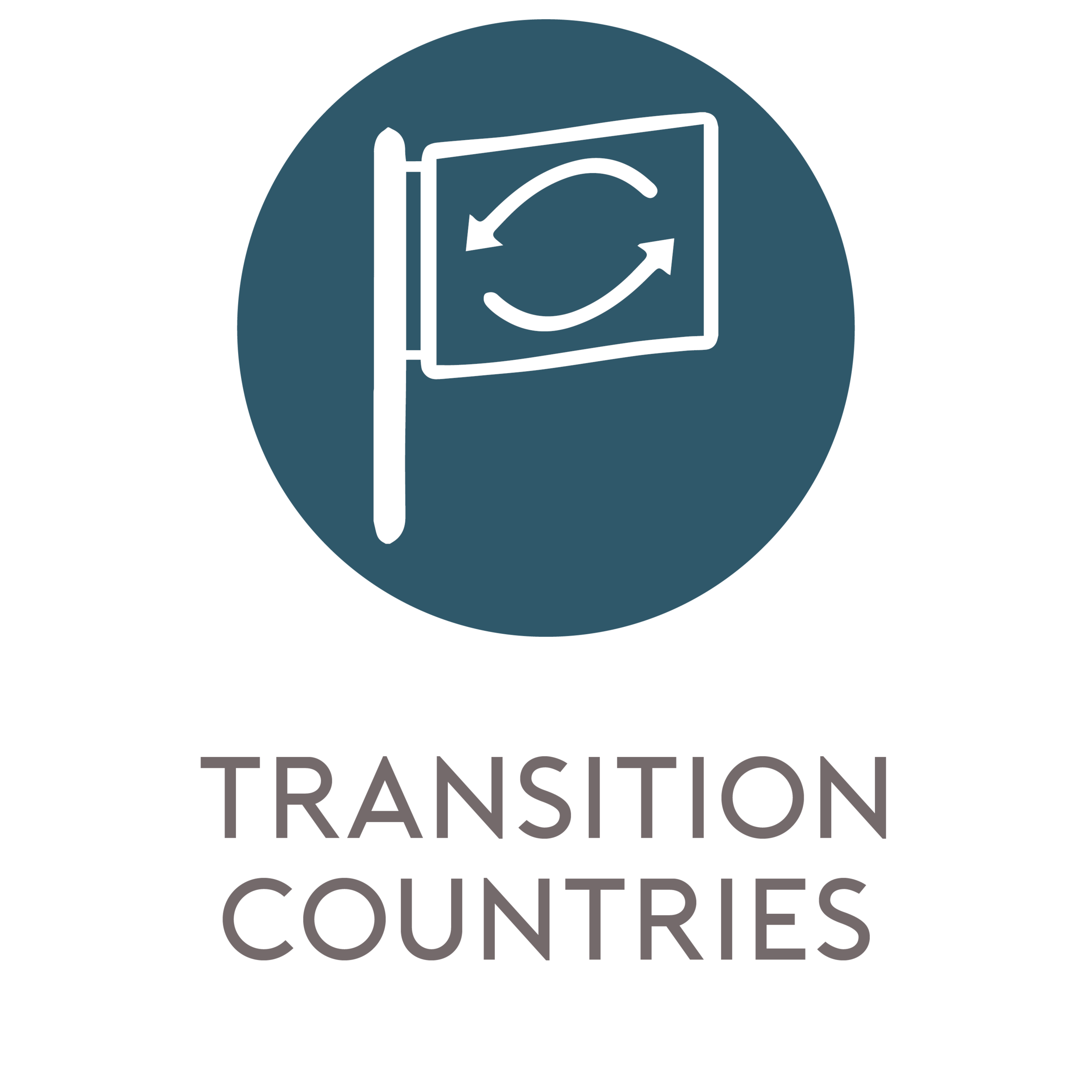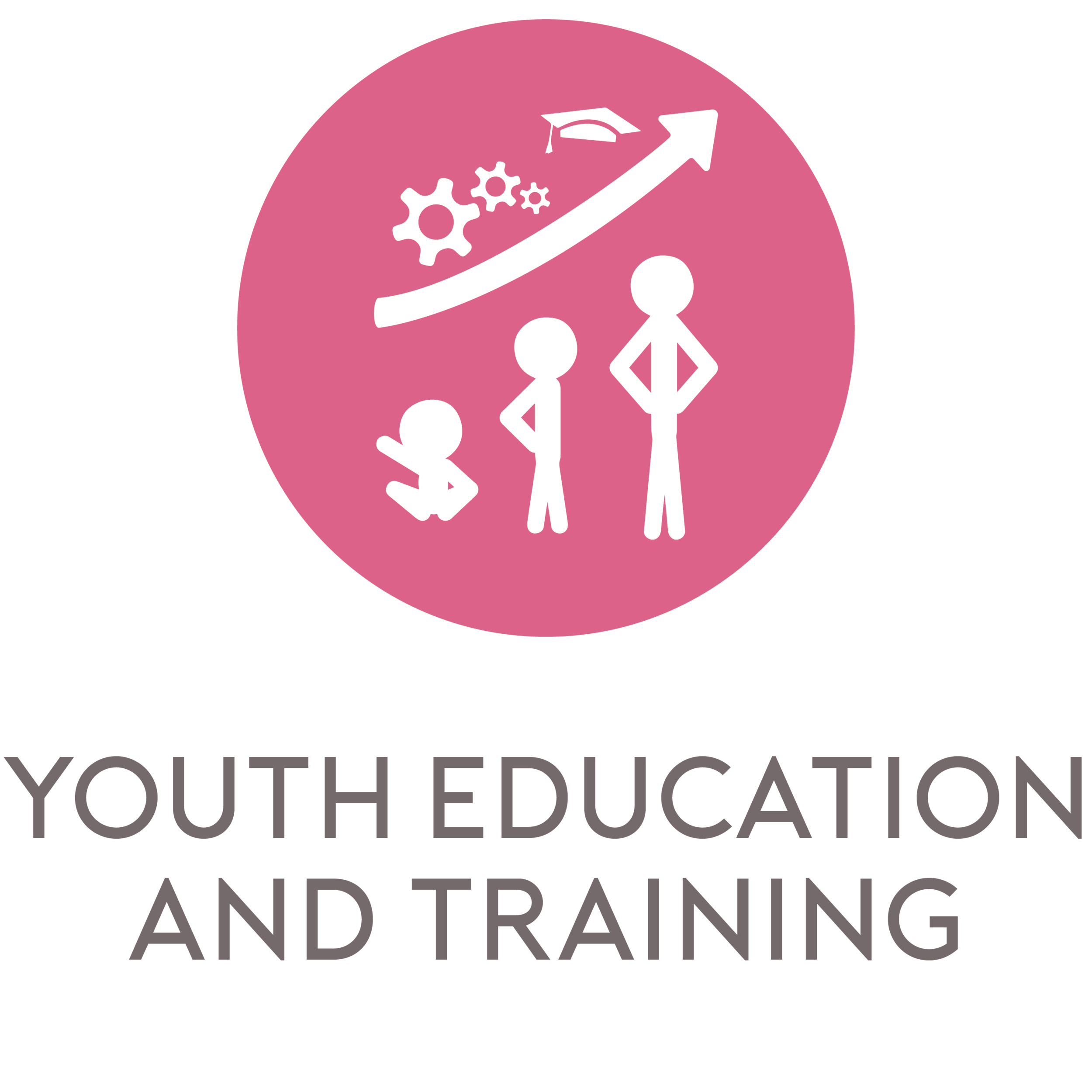+Portfolio of Solutions
―Financial Capacity and Start Ups
ACAF/Winkomun
Jean Claude Rodriguez (Fellow) and Abdoulaye Fall (CEO)
Founded by Ashoka Fellow, Jean Claude Rodriguez
The Problem
Refugees and new migrants are often excluded from the financial structures that allow them to fully integrate into their new community.
The Solution
ACAF is a cooperative organisation with the goal of fighting financial and social exclusion by creating and supporting self-financing communities. ACAF works with self-sustaining financial groups led by immigrants to promote networking and support their basic financial needs. These communities are small groups in which the partners – normally between 10 and 30 people – can participate through small contributions. ACAF’s proven efficient methodology is Winkomun; a solution that is expanding throughout Spain and to other European countries with low income and migrant population.
The Impact
Winkomun has expanded to 7 European countries and created a free online platform to allow anyone from around the world to access their methodology and set up a worldwide network of self-funded communities. The methodology is now in use in more than 15 countries in 4 continents, with more than 500 groups benefiting over 9,000 people directly and over 32,000 people indirectly.
“As an economic migrant, my life trajectory would never be this successful without my Self-Funded Community. It provided me with a network of support that alleviated the hardship that marked my early years in Barcelona. As the Program Manager of the Self-Funded Communities Association now, I ambition to help migrants generate the assets they need to provide for themselves and live in dignity.”
MamaVenture
Mamadou Lamine Ndiaye
The Problem
Many migrants who are business owners often have trouble finding funding for their companies. Additionally, banks have difficulty assessing credits and as a result, they do not offer businesses loans.
The Solution
MamaVenture focuses on investing in foreign citizens' businesses. The best ideas are funded through a crowdfunding platform or obtain funding from the founding members of the project. Through workshops, the organisation shapes innovative companies that know how to meet consumer demands. MamaVenture supports foreign citizens’ entrepreneurship through an online platform, which allows operation across Italy.
The Impact
MamaVenture has received many donations through crowdfunding to support selected businesses.
SINGA
Nathanael Molle (Fellow)/ Alexandra Alden (Singa Spain)
Founded by Ashoka Fellow Nathanael Molle
The Problem
Every year, thousands of people are forced to flee their homes, cities, friends and countries to seek refuge in other countries. After a long and often dangerous journey, these men and women apply for the protection of other states. Unfortunately, even though they had no choice but to leave their homeland, they are rarely welcomed in the countries where they settle. The incoming flight migrants are often perceived as a cost to local taxpayers and as a potential source of social tension or unrest.
The Solution
SINGA is a community of professionals, entrepreneurs, artists, athletes, dancers, singers, students, or in short, a community of human beings. It brings together people who want to get to know and understand each other better and build a better society for themselves. The project develops a sense of community with migrants and local citizens, and as such helps further integration and change perspectives. The various SINGA programmes across Europe aim to organise and facilitate opportunities to meet others within the SINGA community.
The Impact
SINGA operates in France, Morocco, Germany, Italy, Belgium, Quebec and recently started in Barcelona. It has connected many people to facilitate change in the perspective of a population that mainly views refugees as a problem.
STARTUP REFUGEES
Elisa Vepsalainen.
The Problem
Refugees are unable to utilise their existing professional skills or educational backgrounds. Newcomers of working age end up wasting 3 to 6 years outside of the labour market and therefore on the outskirts of society, leading to passivity and loss of hope. Nordic countries are quickly losing the economic potential of newcomers, whilst labour shortage is growing in several fields and the lack of workforce is preventing the growth of companies.
The Solution
Startup Refugees seeks to find out the professional skills and experience of refugees and matches these with relevant local network members to create jobs and new businesses. Startup Refugees was founded in Finland and consists of 500 partners, including companies, government officials, NGOs, universities, congregations, research institutes, communities and individuals, that support newcomers to start businesses and enter the Finnish labour market.
The Impact
Startup Refugees mapped out over 2,300 refugees’ skillsets and professional goals in 11 Finnish cities. The results enabled them to provide employment and entrepreneurship support without causing difficulties for the staff in the reception centres of the Finnish Employment Agency. With the support of their network of over 500 companies, communities and individuals, they have offered 585 jobs, provided 3,500 opportunities in education and skills development (business workshops, courses, profession specific networking events etc.) and supported 60 newcomers to start their own businesses.
“It is not only a question of making a living, even though that’s important too. The job is a way for finding a place in a society, but also a big driver for self-respect.”
Social Hackers Academy
Founded by Damianos Vavanos & Represented by Aggelina Mila
The Problem
It is identified that technology’s tools and capacities tend to dominate our everyday life (personal, professional), due to the digital transformation that Greece is going through. In the context of social inclusion, due to digital skills’ shortage, social vulnerable groups face to a greater extent the risk of not joining this tech revolution and find their place in the tech industry, preventing their exclusion. People that are disadvantaged, physically, mentally and socio-economically, and don’t enjoy the same opportunities as other citizens, are considered as vulnerable groups.
If social vulnerable groups keep falling behind on the digital and technological developments, they will not only be unable to process information and be active citizens, but also they will be unable to acquire a job that will help them become financially sustainable and integrate in the society.
To sum up, the existence of social vulnerable groups in Athens, along with the high unemployment rates in Greece, the need is identified: to bridge the gap between the general lack of digital skills, the unemployment rates, the increasing rate of the Greek digital economy and the threat of exclusion of vulnerable groups in the Greek Society.
The Solution
Accessing the Market Need, its derived that, the acquisition of digital skills is quite necessary, in order to be an active part of the society. Otherwise social and professional exclusion, will be inevitable. Building on the digital skills and with adequate support to access their rights to employment refugees, migrants and unemployed can not only regain confidence and self-esteem but also integrate into the economic and social fabric of the host society.
In Social Hackers Academy (or SHA), we aim to integrate people that belong to social vulnerable groups (refugees/migrants/unaccompanied minors) in the society. We achieve our mission by educating these people, through training seminars and workshops in digital skills, as people that remain digital illiterate, are facing the risk of remaining unemployed. Hence, through educational programs, we can empower them to integrate in society, by getting job placement in Greece and abroad. Our goals through this program is to eliminate Digital Illiteracy.
The Impact
Through SHA’s programs, graduates will have gained practical experience & expertise in basic computer skills and in coding and will be able to work as developers, having learnt 7 programming languages (eg. HTML/CSS, JavaScript, React). They will have also developed their soft skills, preferred from tech recruiters. Also, through this course we aim to increase awareness over unemployment rates among refugees & migrants and the potential of reskilling unemployed, in order to integrate in the job market and therefore in the society.
Since, its establishment SHA has educated more than 150 people in IT Skills, while 29 of them have been placed as developers, in the IT Industry. We have built partnerships with 30 NGOs, while we have expanded our educational models in other Greek & EU Cities.
Startup Migrants
Founded by Maria Amelie and Nicolai Strøm-Olsen
the Problem:
Integration happens locally. It is here people build networks and gets employed, but most companies also get founded locally. Migrant founders are an important driving force of Europe's economy. However, they struggle with language, bureaucracy, limited network and capital.
Municipalities are crucial in unleashing the potential within migrants. They also need migrants to keep cities innovative and profitable. Unfortunately, there is almost no systemic mapping of innovation and inclusion policies in the Northern Europe.
As a result it is challenging for cities and social entrepreneurs to
learn from each other. Municipalities lack data to take the most effective and responsible decisions for their population. They miss out on new jobs and tax revenue because they don't exchange best practice
The Solution
We are developing an online software as a service tool for employees in municipalities, organizations, social entrepreneurs and businesses in Europe.
On this platform we gather open-source data on the most effective actions for inclusion and economic growth in Europe.
Municipalities can use this data to:
take informed decisions for short-term and longt erm
impact
increase labour participation
attract skilled labour
enable and foster migrant entrepreneurship
get in touch with best practice social entrepreneurs operating in other muncipalites.
This interactive tool will help to accelerate the exchange of data and best practice for inclusion and economic growth.
Meet my Mama
Donia Amamra, Loubna Ksibi and Youssef Oudahman
The Problem
In working-class neighbourhoods throughout France, thousands of migrant women face serious barriers to become financially autonomous, which is a key ingredient to full inclusion. The barriers to finding jobs pale when compared to the obstacles for women, and particularly migrant women, to start their own companies (only 30% of entrepreneurs in France are women).
The Solution
Meet My Mama is a catering service and training academy that inspires, accompanies, and equips migrant women to become chefs, caterers, and culinary entrepreneurs. Going beyond mere training, Meet My Mama creates a community, provides administrative and legal support to ensure success in completing the program, and also helps many of the students start their own culinary businesses to not only provide for themselves, but also employ others. More than a training or employment school, it is a tight-knit network of women from migrant backgrounds supporting each other to become fully empowered and financially autonomous citizens.
The Impact
In three years, Meet my Mama built a strong community of over 300 migrant women. Through the Mama’s Academy, they provided 1200 hours of training and coaching in the culinary sector, resulting in more than 50 migrant women becoming financially independent either by developing their own business, becoming chefs or caterers. Their catering service has over 1000 customers which enables them to offer job opportunities to their trainees.


